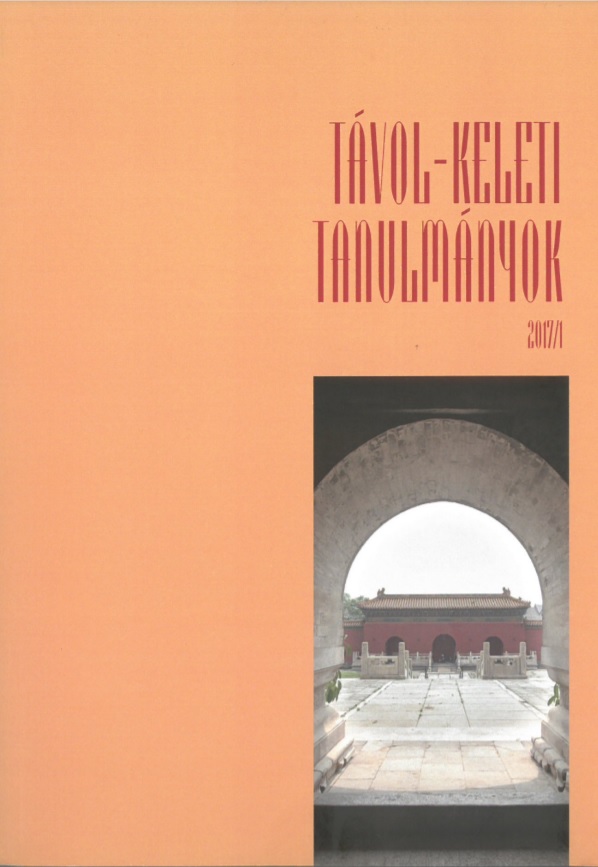Published 2018-03-01
How to Cite
Copyright (c) 2018 the author(s)

This work is licensed under a Creative Commons Attribution-NonCommercial 4.0 International License.
Abstract
Due to the rapid transformation of Mongolian social and economic system in the last two and a half decades, the mentality and way of life of Mongolian people have also changed to a great degree, and a special national or nomadic ideology has appeared and gradually strengthened. It has become one of the pillars of national identity. This ideology is shared in many respects by Mongolians. In the present economic environment Mongolian society is changing at an accelerated speed. The urban population is getting far from the nomadic way of life and has started to follow behavioural models that are very different from the traditional patterns. With the regression of nomadism, one of the fundamental constituents of Mongolian culture seems to disappear. Although in the last 25 years Mongolians have increasingly adapted to the globalized culture, the need for independent cultural identity is getting stronger. This identity plays an important role in elaborating economic strategies that are adaptable to the changed environment. It can be observed, for example, in turnout of shamans in the towns, in the changes of the Buddhist Church’s social functions or in the “pretended” nomadic lifestyle around the main destinations of tourism.
